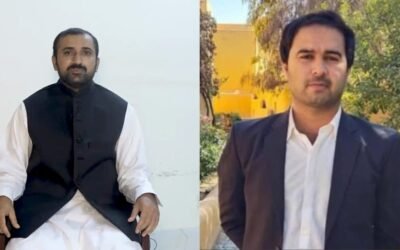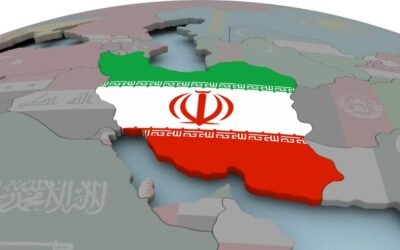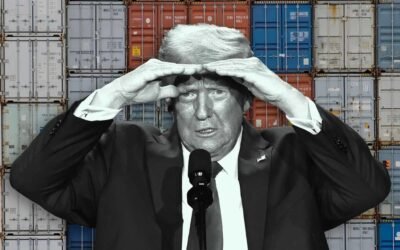Borders are no longer where power ends — they are where influence begins. Today, the strongest empires are invisible, embedded in apps, stories, and dreams.
In an age where missiles are matched by memes, and soldiers by streamers, power has shifted shape. The 21st century no longer respects only the tank or treaty — it responds to the tweet, the film, and the idea. Soft power, as coined by Harvard’s Joseph Nye, is the ability to shape preferences, opinions, and alliances through attraction, not coercion. It is the invisible hand of culture, values, and narrative. “The best propaganda is not propaganda,” Nye once said. Today, global supremacy is not just about owning land, but owning the story about that land.
The U.S. mastered this playbook. While the world critiques its policies, billions still carry its products, watch its shows, and aspire to its lifestyle. Hollywood, Harvard, and Apple aren’t just brands; they are tools of influence. An empire with no colonies but total cognitive control.

Source: Financial Times
But soft power is fragile. Trust is its currency, and in June 2025, India burned through much of its global credibility. What should have been a show of strength became a spectacle of misinformation. News anchors aired video game footage as real military victories. Influencers posted AI-generated deepfakes of Pakistani cities under attack, faking celebrations under hashtags like #DiwaliInPakistan. When the world fact-checked, it didn’t just raise eyebrows — it laughed. That laughter cost India prestige.

Source: PTV News
Even diplomacy was not spared. At the SCO defence summit in Qingdao, India refused to sign a joint statement. The reason? It omitted Kashmir but highlighted Balochistan. New Delhi’s message was clear: if our narrative is not included, we will not play along. But in doing so, India seemed less like a rising soft power and more like a petulant narrator trying to rewrite the script mid-performance.

Source: BBC
Contrast this with Pakistan. Often seen as reactive, Islamabad found a rare opportunity in silence. While India overextended its media and meme machine, Pakistan let its restraint speak volumes.
Pakistan’s soft power assets are real — just underleveraged. YouTube creators, gaming studios, cricket diplomacy, scholarship initiatives to Africa and Central Asia, and its expanding tech sector hold untapped potential. But all this requires a narrative spine: internal coherence, consistent messaging, and a media that builds credibility rather than just counters enemies.
In modern geopolitics, military strength still matters. But its legitimacy, its resonance, and its sustainability depend on the stories wrapped around it. An aircraft carrier may inspire awe, but a Netflix series wins hearts. The 2025 standoff proved that hard power alone does not define victory. If anything, India’s military moves were overshadowed by its own information blunders. Meanwhile, Pakistan’s narrative discipline added gravitas to its deterrence.
China pairs tanks with Confucian ethics. America, couples fighter jets, with streaming platforms. Turkey and Iran wield soft power through culture and ideology. If Pakistan wishes to lead, not just survive, it must craft a dual identity: militarily credible, culturally irresistible.

Source: Margalla Tribune
Because in the 21st century, empires are not built — they are streamed, coded, and remembered. The future will not belong to the loudest country, but to the one whose story endures. When your adversary is trapped in overacting, your sincerity becomes your strongest line.
Tell the truth well. Then watch it outlast every disinformation drone.




























